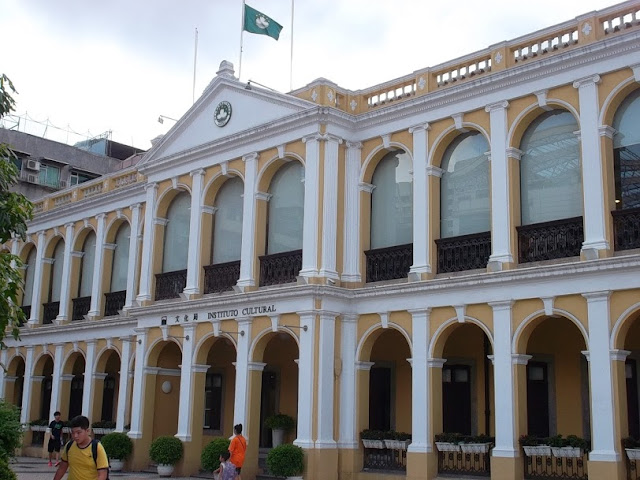
|
| Cultural Institute on Tap Seac Square |
Macau is a city famous for its casinos. Many tourists go there mainly to gamble either large or small sums. I have met people who have gone to Macau with the expectation that there would be nothing to see except for casinos, and so they actually did not see anything because they didn't know what to look for.
However, Macau not only has a beautiful city centre full of Portuguese colonial buildings, but it also has many hidden treasures that are quite far away from the main tourist attractions, and therefore most people never get to see. One of them is Tap Seac Square (塔石廣場; Praça do Tap Seac).
Tap Seac Square is located about 15-20 minutes from Senado Square, Macau's main square. If you don't want to walk, you can take many bus lines to get there: 2, 2A, 4, 5, 7, 7A, 8, 8A, 9, 9A, 12, 16, 18, 18A, 19, 22, 25, 25X, 28C, N2. When you board a bus, you have to pay 2.3 Macau patacas (they also accept 2.3 Hong Kong dollars), which you can simply put into a box next to the driver's cabin.
Tap Seac Square is located in the Sao Lazaro Parish, in an area that seems to have a high number of Portuguese speakers - at least I have heard more Portuguese there than anywhere else in Macau.
Tap Seac Square has several neoclassical buildings from the Portuguese colonial era, such as the Cultural Institute (文化局大樓), Macau Central Library (澳門中央圖書館), the Tap Seac Health Centre (塔石衛生中心), the Historical Archives (歷史檔案館), Tap Seac Gallery (塔石藝文館), the Macau Museum of Tea Culture (澳門茶文化館). The square itself was built between 2005 and 2007 on the site of a former football and basketball stadium. A tunnel was built under the square to ease traffic.
Near Tap Seac Square there are various cafes and restaurants.
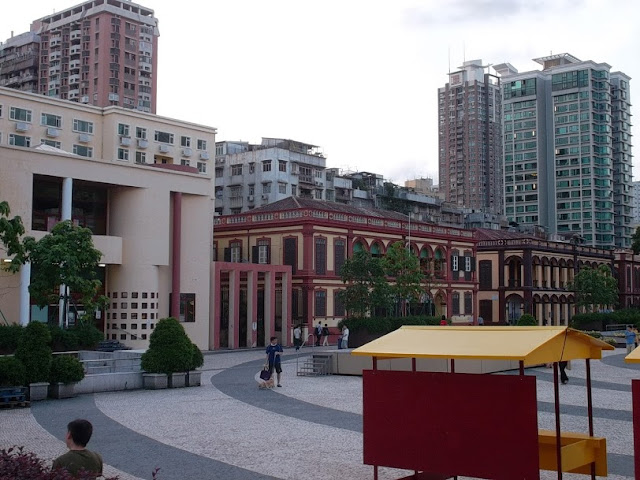
|
| From left to right: the Macau Health Centre, the Macau Central Library, the Historical Archives, and the Tap Seac Gallery |

|
| The Cultural Institute |
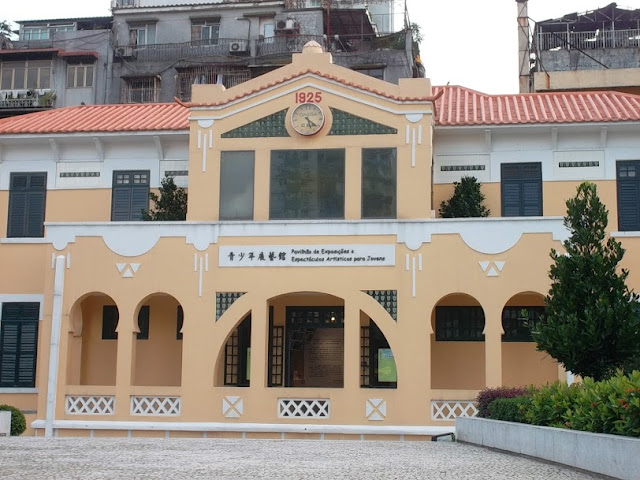
|
| The Pavillion of Exhibitions and Artistic Shows for Young People (Pavilhão de Exposições e Espectáculos Artísticos para Jovens) |
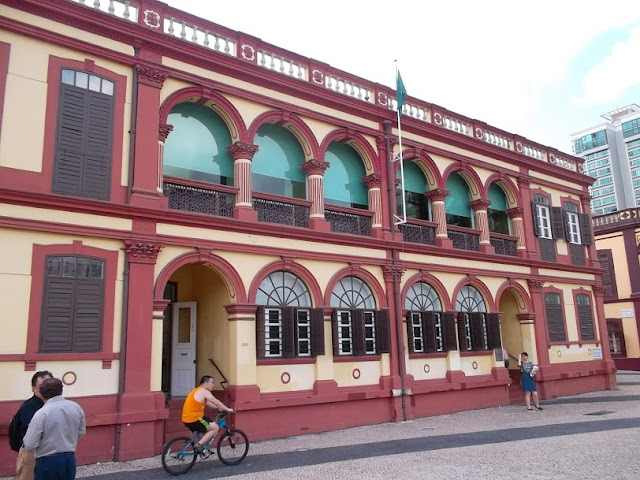
|
| The Central Library |

|
| The Historical Archive |
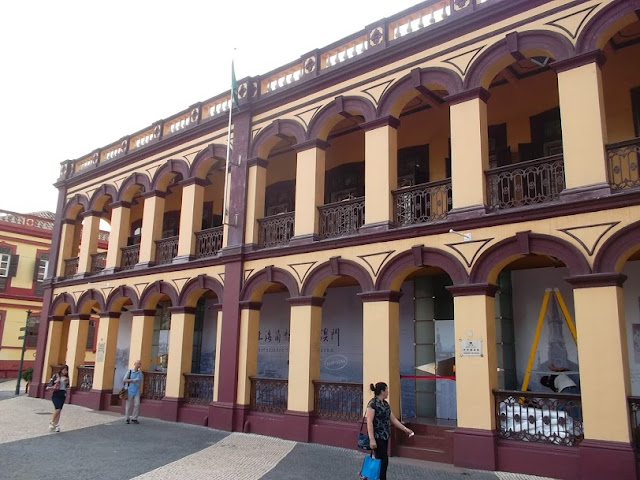
|
| The Tap Seac Gallery |
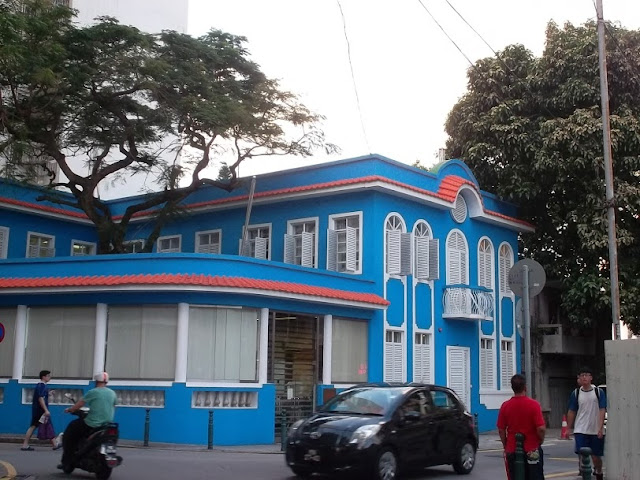
|
| Buildings around Tap Seac Square |
Comments
Post a comment